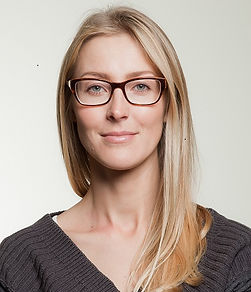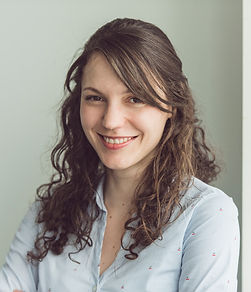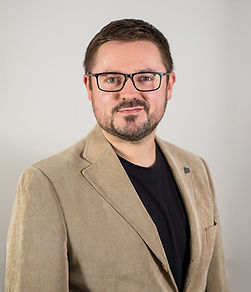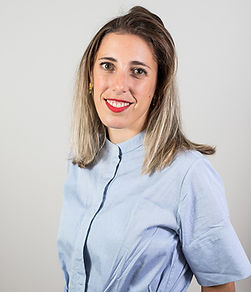In the article “Decoding The Smart City” Aalto and TalTech authors Teija Vainio, Elise Hodson, Michel Nader Sayún and Ralf-Martin Soe bring out 4 generations on how the concept of smart city has been developing:
“Smart city is a movement rather than a rigid academic domain, having different viewpoints and being interdisciplinary. The term is often (mis)used for self-congratulatory marketing purposes – which city does not want to label itself as a smart city? Furthermore, the concept has been dynamically developing over time, in line with developments in urban infrastructure. Within the last two decades, the instrumental goal of smart cities was to digitalise analogue processes of city governments (“digital city“), which is largely achieved now, similar to the process of moving from phones to smartphones. This was followed by a concept of “internet of things city“ where not only databases but also different urban devices can exchange data in real time. This has not been achieved fully due to business interests and data privacy related challenges. The third wave, currently mainstream in Europe, puts a focus on sustainability with digital solutions helping to attain climate-neutrality in urban environments (“net-zero city“). However, from a societal perspective, citizen perspectives and participation are becoming more central in smart city research, combining technology-related studies with the aim of increasing the wellbeing of urban residents. This fourth wave, still hypothetical, could be labelled as “happy city,“ or a “people first” vision where design research with different participatory methods and a human-centric approach could have a bigger role.”
Understanding of the term “smart city” can vary according to a person’s understanding due to their professional background. Researchers and experts from different fields can understand it very differently and therefor criteria what makes a city a smart city and a happy city is quite versatile.
We asked FinEst Centre for Smart Cities researchers Kaija Veskioja, Sara Thabid, Pauline Baudens and Environmental psychologist Silver Sternfeldt to ponder from there point of view what makes a city a smart city and furthermore is smart city a happy city?







